Pakistan-Afghan Taliban talks in Istanbul end without agreement
Kamran Khan highlights that Istanbul talks collapsed after Taliban resisted action on militants inside Afghanistan
News Desk
The News Desk provides timely and factual coverage of national and international events, with an emphasis on accuracy and clarity.
Three days of talks between Pakistan and the Afghan Taliban in Istanbul ended without a substantive agreement, Kamran Khan said on his program “On My Radar.”
Pakistan and Afghanistan’s foreign ministries have not commented publicly on closed-door negotiations that ran for long stretches over three days. Media reports said the talks collapsed after the Afghan Taliban resisted demands to take concrete action against outlawed groups operating from Afghan soil.
Security officials told Pakistani media that Taliban negotiators refused to allow action against Tehreek-e-Taliban Pakistan and the Baloch Liberation Army, and would not provide a verifiable written guarantee to end support for those groups.
Delegations reportedly met for as many as 32 hours during the first two days and for 18 consecutive hours on the final day. Despite the lengthy sessions, the parties did not reach a cease-fire agreement or a mutual peace settlement, Kamran Khan said.
Turkey and Qatar acted as mediators in the talks. After earlier rounds in Doha, Pakistan and the Taliban had agreed to an immediate cease-fire and to establish a joint mechanism for durable peace, Qatar’s foreign ministry announced. Expectations were high that the Istanbul meetings would yield a signed agreement, a joint statement expanding the cease-fire, restoration of border crossings and a schedule for future dialogue.
Those expectations went unmet, according to Khan. He said progress in Istanbul depended on a change in the Taliban’s stance — a change that did not materialize in roughly 50 hours of talks.
The issue at the center of the impasse, the host said, was the Taliban’s refusal to take decisive action on militancy based in Afghanistan. Pakistani Army Chief Field Marshal Asim Munir has warned Kabul to rein in proxies, Khan added.
The lack of an agreement coincided with violent incidents along the Pakistan-Afghanistan frontier. Khan said that, while talks took place in Istanbul, insurgents tried to infiltrate Kurram and North Waziristan. The clashes killed five Pakistani security personnel, and Pakistani military operations later killed 25 militants, including four suicide bombers, according to television reports. Those casualty figures were reported by state outlets and have not been independently confirmed.
Pakistani state television reported that Taliban negotiators agreed several times in Istanbul to Pakistan’s demand for action against militants, but then changed course after receiving instructions from Kabul.
Afghan outlet Tolo News, Khan said, reported that Islamabad conceded in Istanbul that it has an arrangement with the United States allowing drone strikes. Tolo quoted the Afghan delegation as demanding Pakistan guarantee it would not permit U.S. drone operations from its territory. According to Khan’s account, Pakistan told the Afghan delegation it had no control over U.S. drone operations and could not guarantee their absence.
Khan said the Doha agreement of Feb. 2020 — in which the Taliban vowed not to allow Afghan soil to be used against other countries — remained a point of reference, and its apparent breach was a source of concern in Pakistan.
While neither side has formally declared a deadlock or ruled out future talks, Khan said Afghanistan understands its economic dependence on Pakistan. He noted that Pakistan has hosted more than 4 million Afghan refugees in past decades and that Afghanistan’s current population exceeds 40 million — points Khan suggested could eventually pressure the Taliban to cut ties with anti-Pakistan elements.
For now, Khan concluded, Istanbul produced no breakthrough. The question he left his viewers with: will the Taliban's posture change before the next round of diplomacy, or will the stalemate hold and violence across the frontier continue?


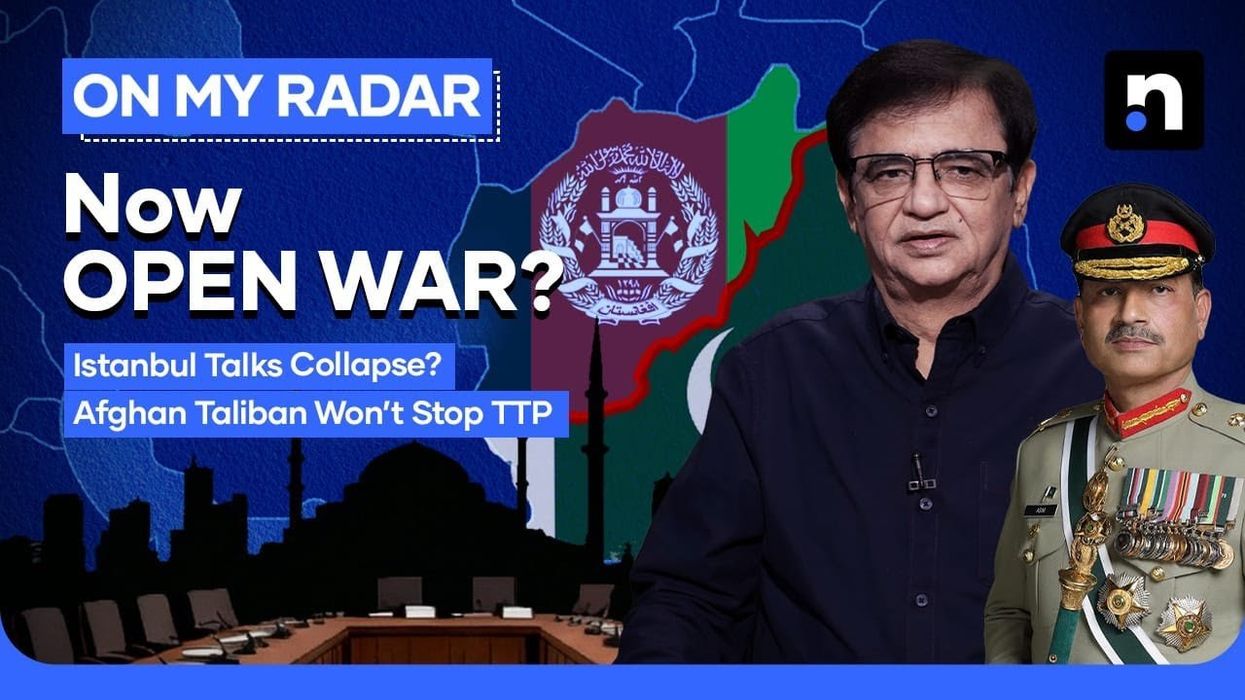
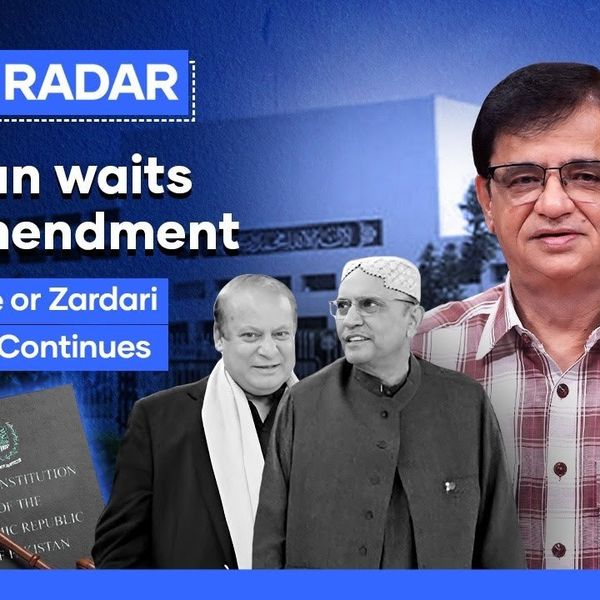

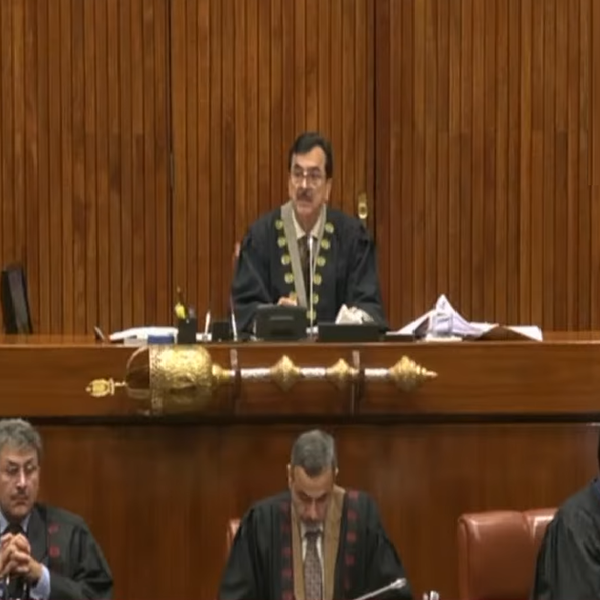
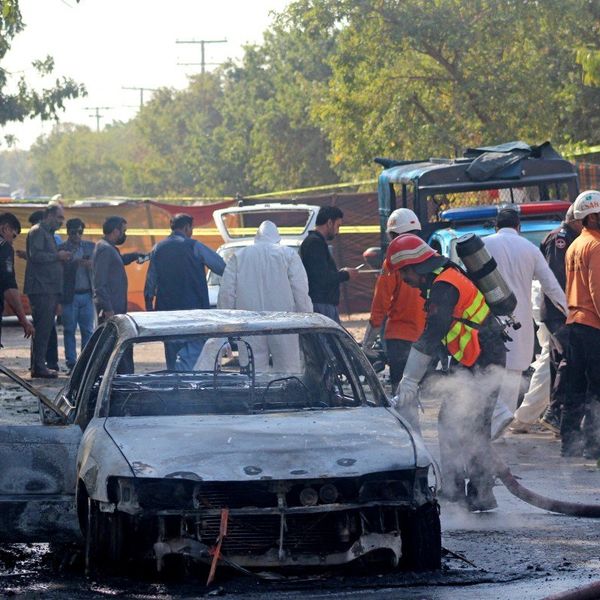
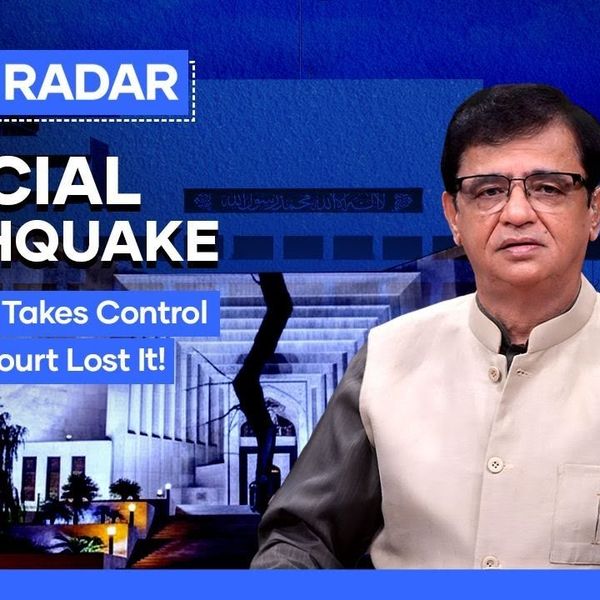



Comments
See what people are discussing